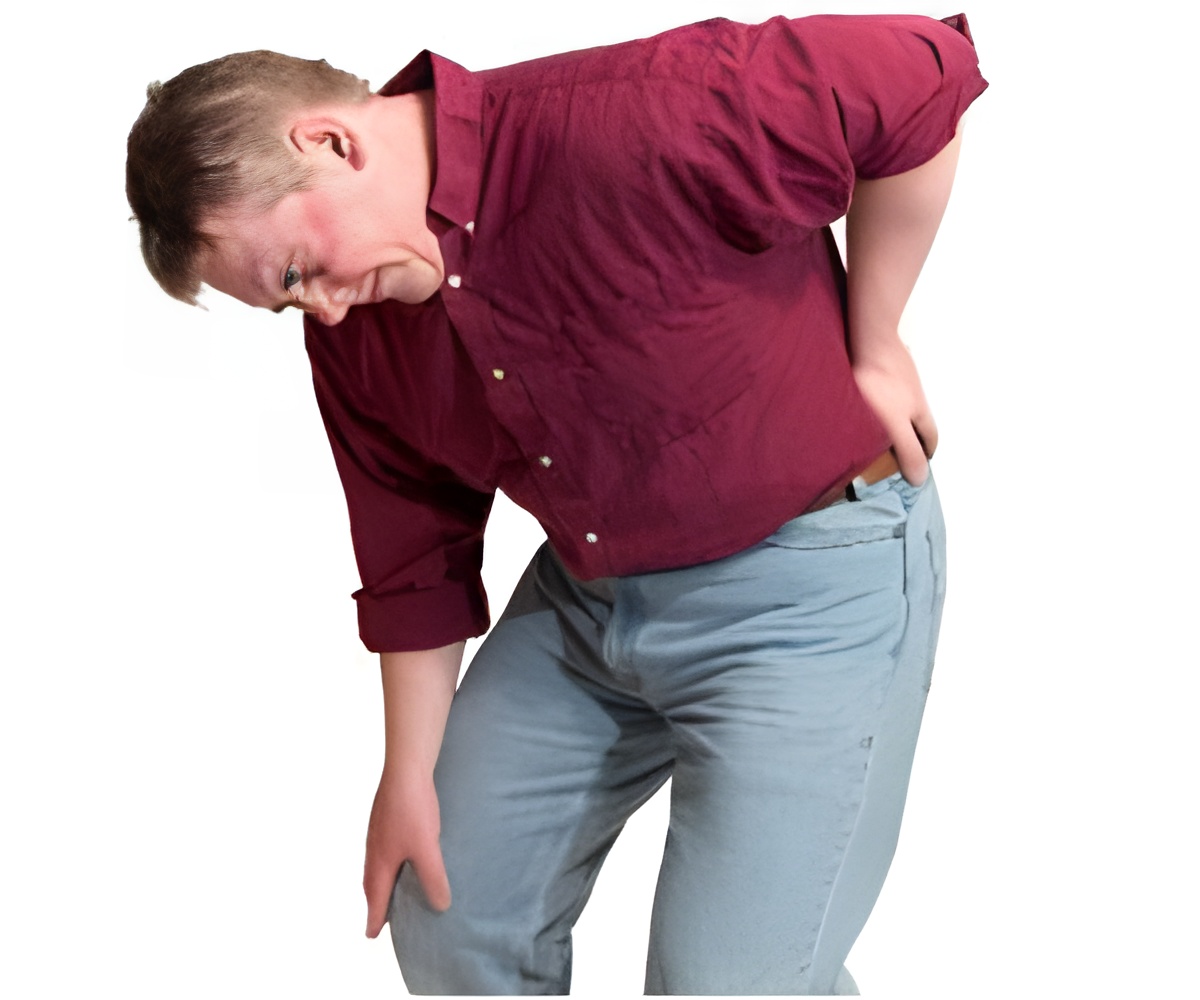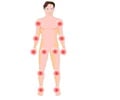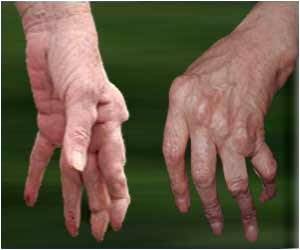Individuals who suffer from joint pain believe that they can predict the weather based on their symptoms. However, rain days reduced the number of searches for joint pain.

‘On rainy days, the search for hip and knee pain on Google is reduced, while it increases when the temperatures are high.’





Knee-pain searches peaked at 73 degrees and were less frequent at higher temperatures. Hip-pain searches peaked at 83 degrees and then tailed off. Rain actually dampened search volumes for both.The findings published in PLOS ONE, indicate that people's activity level increasing as temperatures rise, to a point is likelier than the weather itself to cause pain that spurs online searches, say investigators from UW Medicine in Seattle and Harvard University.
"We were surprised by how consistent the results were throughout the range of temperatures in cities across the country," said Scott Telfer, a researcher in orthopedics and sports medicine at the University of Washington School of Medicine. He collaborated with Nick Obradovich, a postdoctoral fellow in science, technology and public policy at Harvard.
The investigators used Google Trends, a resource that reflects global use of the company's search engine. They created search strings of words and phrases for hip pain, knee pain and arthritis, as well as a control search related to stomach pain.
From the 50 most populous U.S. cities, they sought daily summaries of local weather data from Jan. 1, 2011, to Dec. 31, 2015.
Advertisement
Google Trends expresses data in weekly, not daily, increments, which slightly limited the findings' precision vis-à-vis time.
Advertisement
Among the weather variables, only temperature and precipitation were found to have statistically significant associations, and only with searches for knee and hip pain. Searches about arthritis, which Telfer said was the study's impetus, had no discernible correlation with weather factors.
"You hear people with arthritis say they can tell when the weather is changing," he said. "But with past studies there's only been vague associations, nothing very concrete, and our findings align with those."
The stomach-pain searches functioned well as a control: Those volumes were greater at low and high temperature extremes and ebbed in mild temperatures, a very different pattern from the knee- and hip-pain searches.
Because knee- and hip-pain searches increased as temperatures rose until it grew uncomfortably hot, and rainy days tended to slightly reduce search volumes for hip and knee pain, the researchers inferred that "changes in physical activity levels" were primarily responsible for those searches.
"We haven't found any direct mechanism that links ambient temperature with pain. What we think is much more likely explanation is the fact that people are more active on nice days, so more prone to have overuse and acute injuries from that and to search online for relevant information. That's our hypothesis for what we'll explore next," Telfer said.
The interest in using internet data, he added, stems from the fact that web searches are increasingly people's first response to experiencing adverse health symptoms.
Source-Eurekalert















